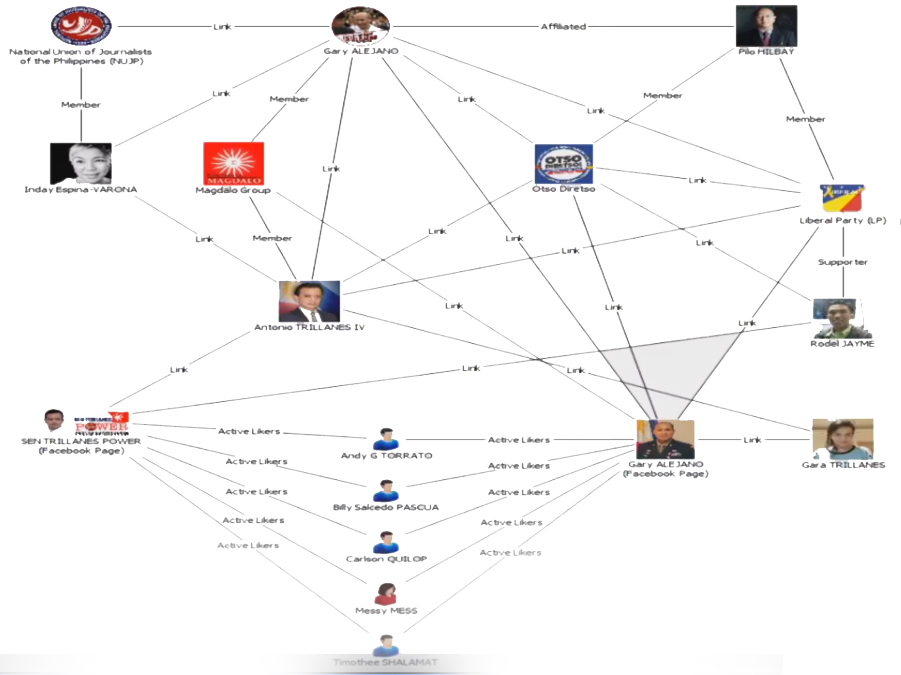Our struggle is not a spectacle
By Denver del Rosario
I was supposed to be in San Juan for work at around 2 pm. I left my house at noon like I always do because, oftentimes, that two-hour allowance is enough. But with the infernal Metro Manila traffic, expect the worst to happen.
I checked my phone. 3:57 pm. And I was still in Kamuning, far from where I was supposed to be. In an act of surrender, I told my editor a minute after that I won’t be pushing through with my coverage today. What should have been moments of productivity became time wasted on the road. I got off the bus, but then came a heavy downpour. I spent an hour in a fastfood restaurant to wait for the skies to clear and then I went out to wait for a ride home.
But then it was past five, and many people were trying to go home. To see buses jampacked with passengers was both frustrating and discouraging: frustrating because we don’t deserve this; discouraging because I wasn’t sure if I could get on a bus in this area with many people also waiting. So I chose to do the 40-minute walk to Philcoa. From there, I finally found a jeepney ride home.
This is the harsh reality many of us face where workers and students have no choice but to wake up a bit earlier in order to avoid the morning rush, only to find themselves still waiting for hours. Some say that the metro traffic is the great equalizer, but I call this bull—-. To say that is to be devoid of class analysis.
When the powerful and the influential romanticize the plight of the ordinary people by telling us that our daily sacrifice is the very definition of Filipino resilience and perseverance I don’t smile in gratitude, I rage. For our struggle is not a story of inspiration, but rather of gross neglect and plain arrogance, one where the grievances of the citizenry are easily ignored by those who should be listening and taking action.
Standing in the middle of an overcrowded bus while passengers still try to shove their way in is not a metaphor, so are burning railroads and dysfunctional trains. This is the reality of the masses, a never-ending cycle of waking up early and going home late while losing hope in the process. With these difficult circumstances, we have fallen into compromise; we don’t care anymore about safety and inconvenience, if the vehicle is too cramped, if the aircon is not working, because we all just want to go home.
It isn’t surprising to know that this denial of a mass transport crisis by the administration has earned the ire of the citizenry. Recently we learned about goverment officials telling us to be more “creative” when commuting, or that Superman is the only one who can save the day. When people shrug off their statements as comical relief instead of recognizing its plain insensitivity, this only manifests how much hypocrisy and incompetence we are willing to tolerate as a society just because we keep hoping change will happen. This is them not doing their mandate, and us willingly accepting that.
What government officials say is a reflection of the principles they hold in shaping public policy. For example, do we really expect a leader who catcalls female journalists and jokes about rape to strengthen laws regarding sexual harassment? Or an elected official who steals agricultural lands for profit to genuinely advocate for farmers? Go figure.
To the rich and the powerful, to hell with you and your uncalled-for sense of superiority. Your oppressing kind has the gall to tell us to hang in there as you look outside from your comfortable seats? Please. Our struggle is not a spectacle. ?????? ????????????, ?????? ?????????? ?????????. We don’t need your condescension; we need you to wake the hell up.
And to us who keep enduring hell, we have no other option but to carry on. We wake up early and go home late for we have bills to pay, mouths to feed, and dreams to fulfill. As we brave the metro traffic again, may we always remind ourselves that we should never settle for less, because we deserve more. But as we all know by now, we don’t wait for the world to change. We take action, rage on. #
(The author is a sports journalist. He has contributed stories to Kodao since his student days.)


